Publications
Articles, publications, books, tools and multimedia features from the U.S. Institute of Peace provide the latest news, analysis, research findings, practitioner guides and reports, all related to the conflict zones and issues that are at the center of the Institute’s work to prevent and reduce violent conflict.
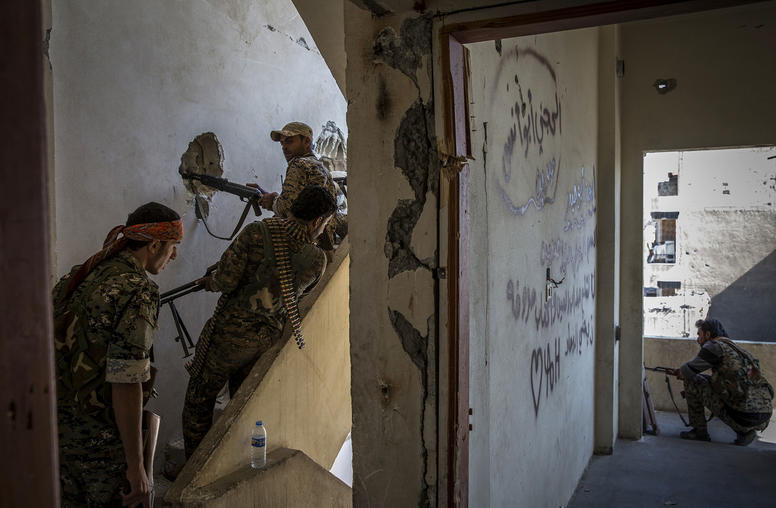
A Month After U.S. Withdrawal, What is the State of Play in Syria?
In the month since President Trump’s October 6 phone call with Turkish President Erdogan and the announced U.S. withdrawal from northeast Syria, the picture on the ground has changed immensely. Moscow has emerged as the key power broker in Syria. The Kurds, looking for protection from Turkish forces, are in Russian-brokered talks with the Assad government. These discussions could pave the way for an expanded Syrian government presence in the northeast for the first time in years. Successive agreements with Turkey negotiated first by the United States (October 17) and then by Russia (October 22) to halt Ankara’s fighting with the Kurds have been marred by violations.
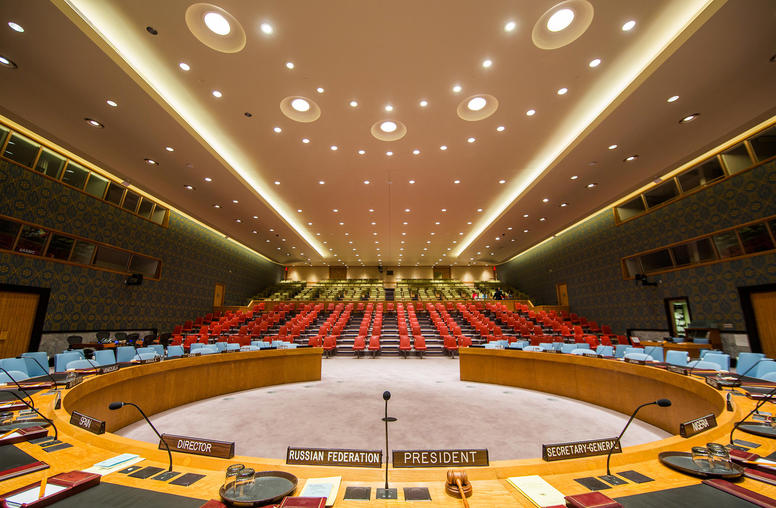
What Has the U.S. Got Against Peace Talks?
Last month, U.S. President Donald Trump withdrew from the Afghan peace process, closing off for the time being a rare opening to resolve a long, stagnant, and unpopular war. Whatever one thinks of the specifics of the deal that the U.S. representative at the talks, Zalmay Khalilzad, had nearly finalized with the Taliban, the episode was a perfect demonstration of the conflicted, often self-defeating view of peace agreements that mires U.S. foreign policy.
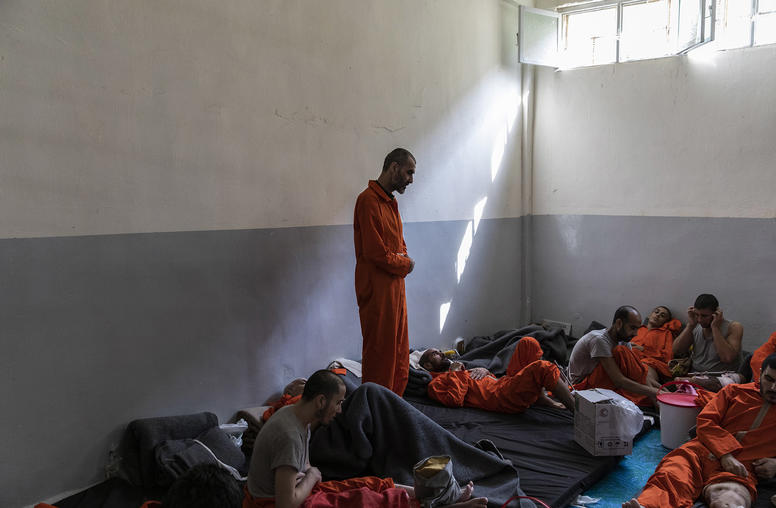
Can Policy Catch up to the Golden Age of Terrorism Research?
Meanwhile, researchers are increasingly understanding the dynamics that drive people to join terrorist groups—unpacking the numerous, complex reasons, and shining light on the local sociopolitical dynamics, something the media is covering more regularly. This new wave of research has a multiplicity of focus areas and employs rigorous methods to offer workable insights on violent extremism. It’s time for policy to catch up to the research.
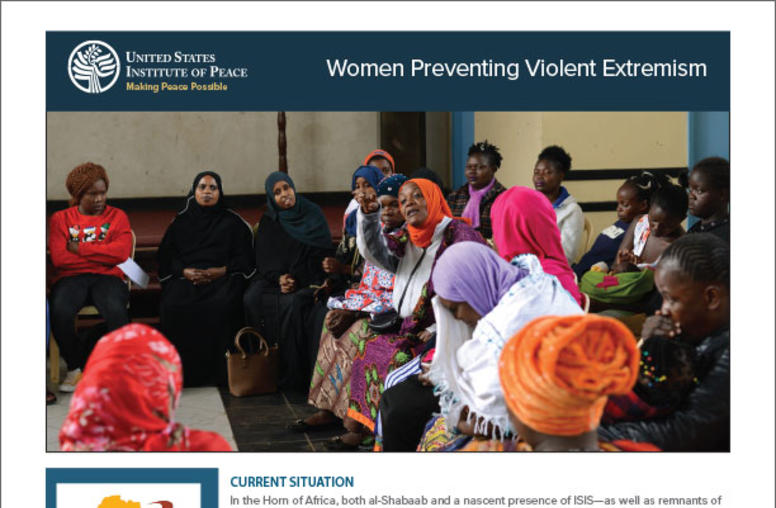
Women Preventing Violent Extremism
In the Horn of Africa, both al-Shabaab and a nascent presence of ISIS—as well as remnants of other extremist groups—remain in Somalia, with recruiters and facilitation networks extending beyond national borders and across the region. And in the Sahel, countless communities also suffer terrorist and extremist violence perpetrated by actors ranging from ISIS and al-Qaeda affiliates to locally driven movements.

Sarhang Hamasaeed on Iraq, Syria and ISIS
Several major developments have rattled the region in recent weeks, including Iraq’s ongoing protests, the U.S. withdrawal from Syria and the death of ISIS leader al-Baghdadi. USIP’s Sarhang Hamasaeed says his death is a major blow to the terrorist group, but “the fact remains that … the enabling environment that gave rise to ISIS” is still present.

In Tunisia, Democratic Elections Were Easy—Now Comes the Hard Part
After two rounds of presidential elections which sandwiched parliamentary elections, Tunisia has accomplished something that has eluded every other country in the Middle East and North Africa: repeated free and fair democratic elections. And while that milestone may renew the faith of many in the trajectory of Tunisia’s democratic transition, the outcome of these elections is a harbinger of more difficult times.
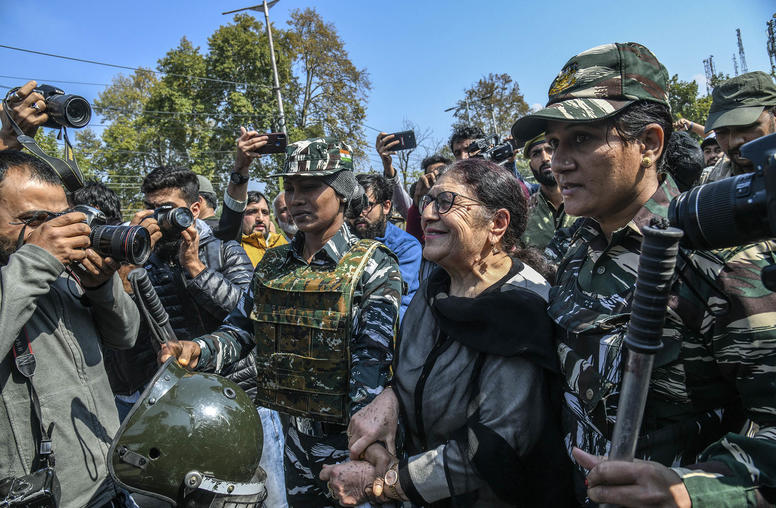
Kashmir’s crisis simmers dangerously: Attention is needed.
Conflicts centered on Syria, Iran and Saudi Arabia have seized recent global attention, overshadowing the dangerous escalation of the crisis in Kashmir. India’s government in August abrogated the political autonomy of the portion of Kashmir that it governs. To suppress protests, India has had to maintain a severe lockdown—effectively, a form of military rule—over more than 7 million people in the Kashmir valley. While India and Pakistan have avoided military clashes over this spike in their 62-year dispute over Kashmir, Dr. Mujibur Rehman, a scholar on Indian politics at New Delhi’s Jamia Millia Central University, says the international community should organize a high-level factfinding mission to reduce the risk of greater violence.

Mona Yacoubian on the Rapidly Evolving Situation in Syria
In the aftermath of U.S. troop withdrawal from northeast Syria, USIP’s Mona Yacoubian says “we’re seeing Russia come in and fill the vacuum,” which will have “long-term strategic implications” for stemming a possible reemergence of ISIS as well as U.S. influence in the region.
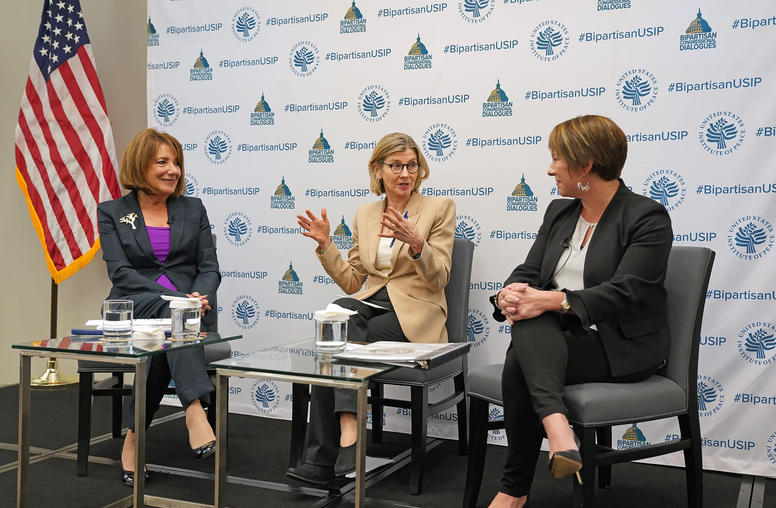
To Protect Afghan Women’s Rights, U.S. Must Remain Engaged
It’s been over a year since the U.S., led by Amb. Zalmay Khalilzad, opened talks with the Taliban aimed at ending the 18-year war. Over that year, Afghan women have demanded a seat at the negotiating table, worried that the hard-won gains made over the last two decades could be in jeopardy. Even with the peace process stalled, “it is vital that the U.S. remain engaged” to ensure that Afghan women’s rights are protected, said Rep. Martha Roby (R-AL) last week at the U.S. Institute of Peace’s latest Bipartisan Congressional Dialogue.
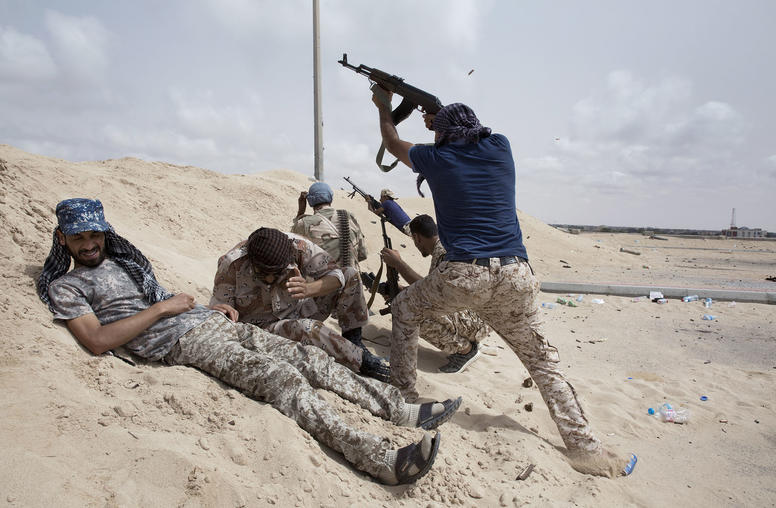
Understanding Libya’s South Eight Years After Qaddafi
Sunday marked eight years since longtime Libyan dictator Col. Muammar al-Qaddafi was killed. In the post-2011 aftermath, another military man, Khalifa Haftar, has taken control over Libya’s east and much of its vast southern region, Fezzan. The battle for the capital, Tripoli, between Haftar’s Libyan National Army (LNA), based in the east, and the U.N.-recognized Government of National Accord (GNA), based in the west in Tripoli, has dominated international attention on Libya. But the stability of the south is all too often overlooked. The region is critical to U.S. interests and any effective policy must not only focus on achieving reconciliation between the east and west, but on building stability in Fezzan.